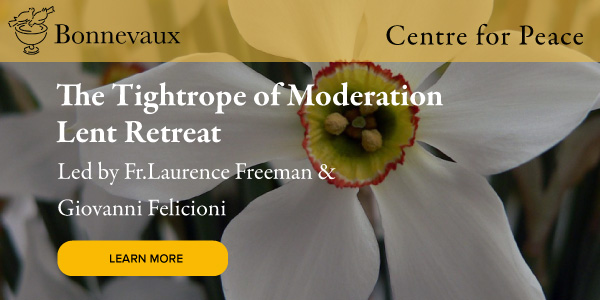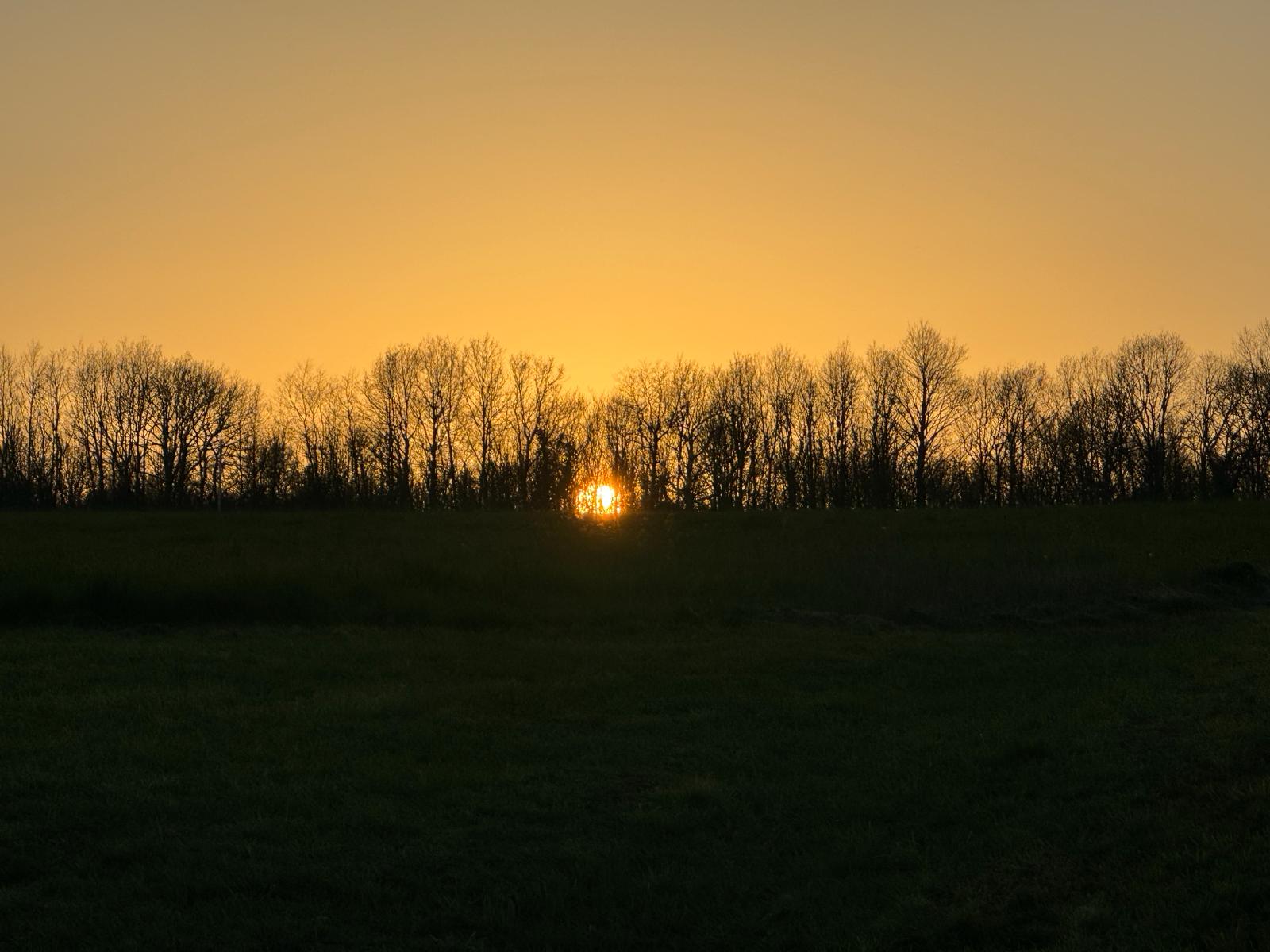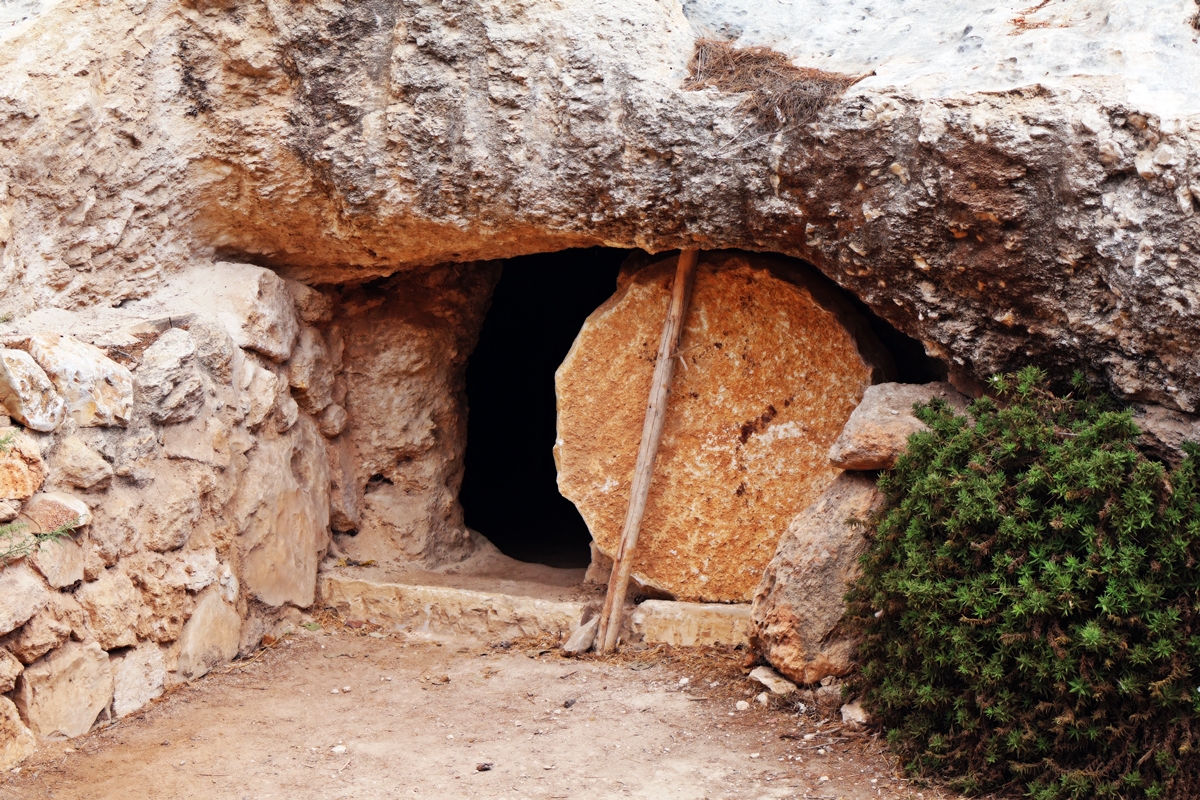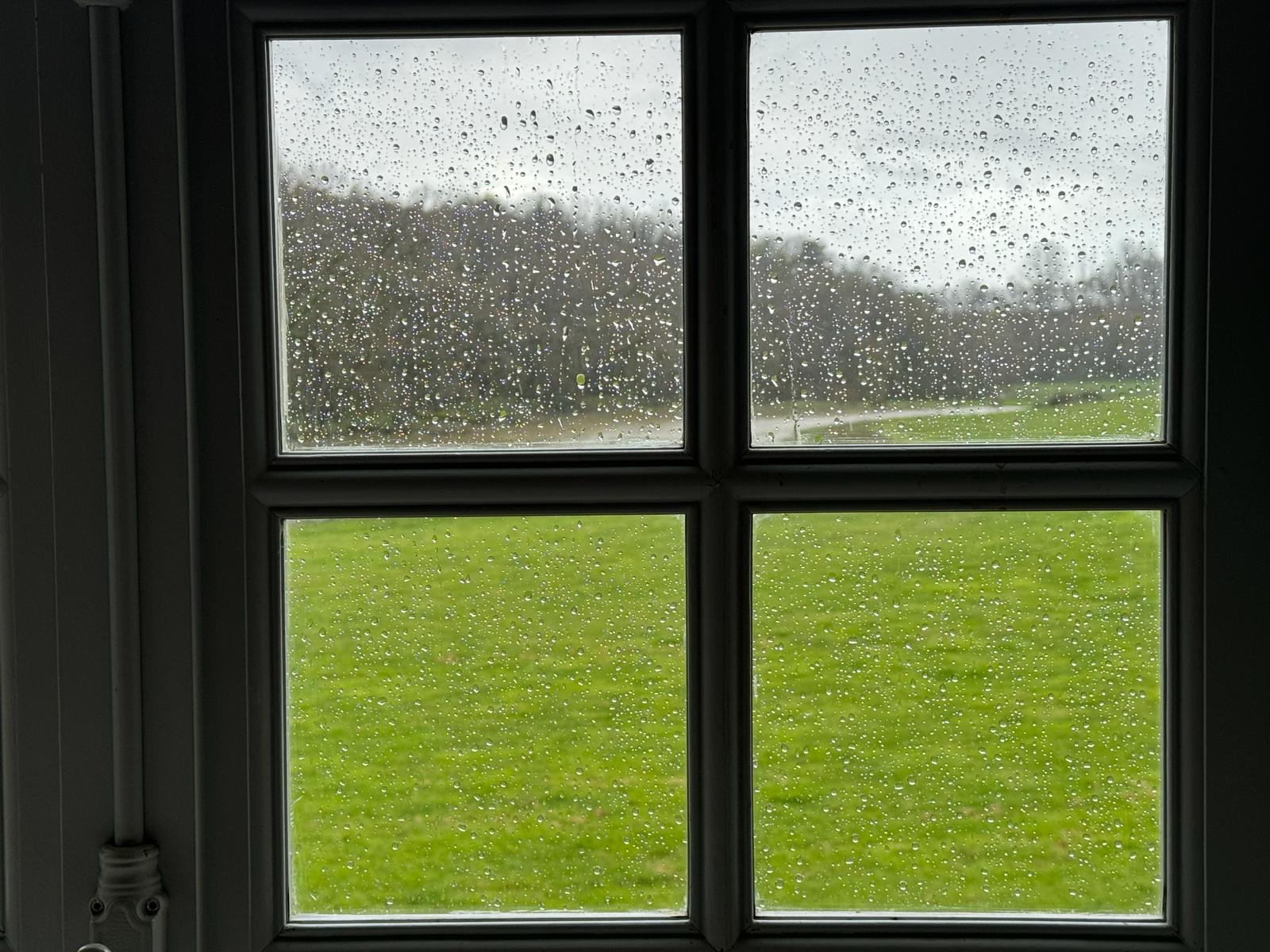
One day in the heat of noon Jesus, tired and thirsty, stopped by a well and asked a woman of a foreign, hostile tribe for a drink. Amazed that he ignored the division between them but also being a feisty, independent woman she challenged him. Their conversation led him to make the only direct revelation he gives of himself in the gospels.

One day in the heat of noon Jesus, tired and thirsty, stopped by a well and asked a woman of a foreign, hostile tribe for a drink. Amazed that he ignored the division between them but also being a feisty, independent woman she challenged him. Their conversation led him to make the only direct revelation he gives of himself in the gospels.
Normally he was concerned to change people’s minds towards wisdom rather than to give them more ready-made labels. Although he is a local and identifies with his own people and culture he also rises to a universalist perspective.
From this vantage he makes a great statement that initiates an evolution of the role of religion in human affairs, one that is still straining to be fulfilled.
The worshippers the Father wants are those who worship in spirit and in truth.
This is the theme of the third Sunday in Lent which highlights all that Lent should be teaching us.
True worship now resonates with what Simone Weil two millennia later called the new holiness. Sanctity can no longer be identified with the observance of one set of rules and traditions. To be holy means to be simultaneously a child of God and a citizen of the world.
This revolutionary and magnificent vision of human excellence uplifts the human spirit but also fills our psyche with a sense of painful loss and nostalgia. It may seem that the local has been evaporated or absorbed in the global. Religious people who love their culture and traditions find it hard to focus beyond their own boundaries on a more distant horizon without feeling they have lost or even betrayed their roots. Such is the cost of leaving self behind.
In fact , though, the universalism of the mind of Christ is not like our contemporary globalization. Rather than erasing differences it celebrates them but in a catholicity, a universality that redefines their locality and denies them the egotistical indulgence of competition with others.
This is the direction in which we are still moving, awkwardly at times; but, fortunately, there is no going back.
Laurence Freeman OSB
Listen to the Lent Daily Reflections Podcast HERE




